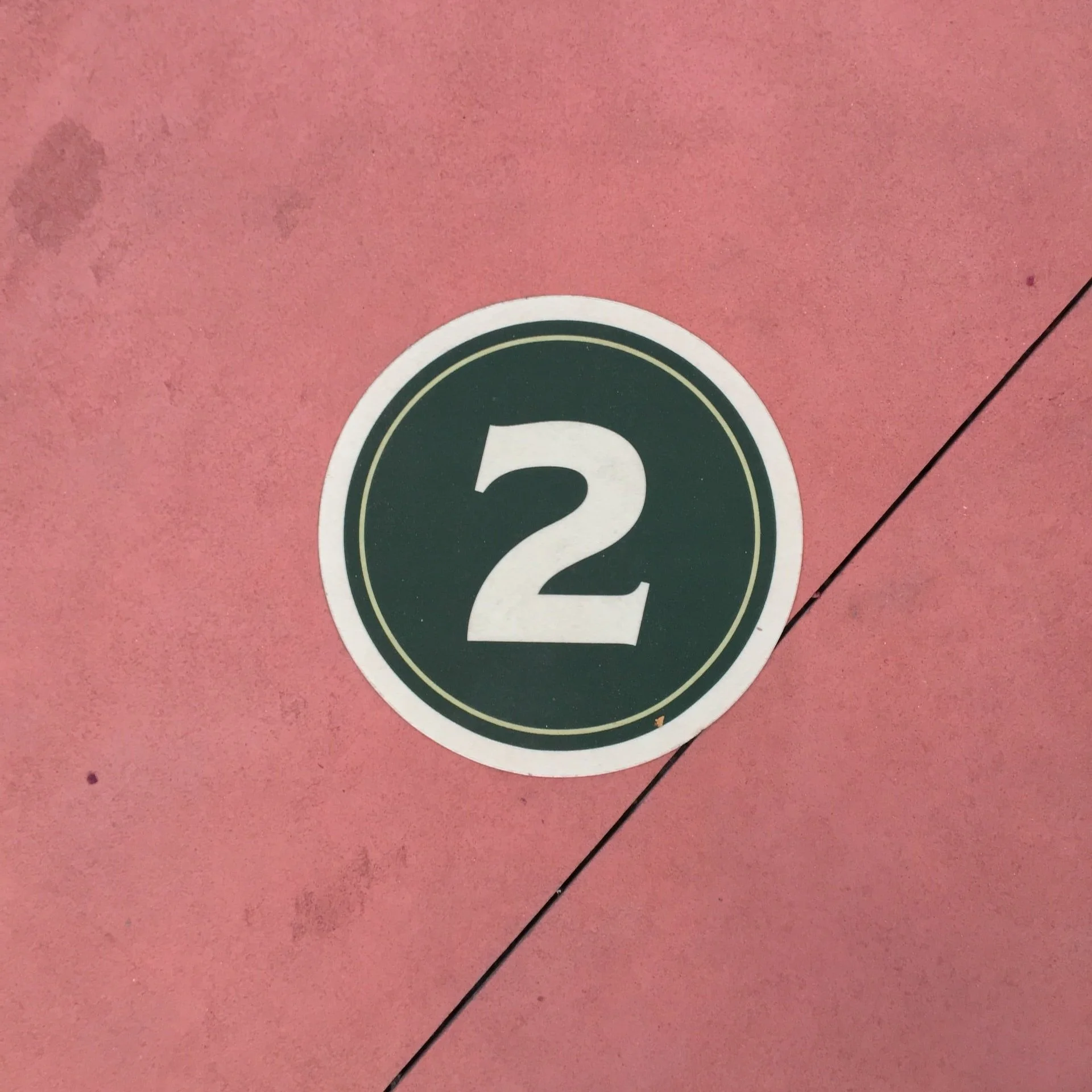How we can relate to those who don’t know Jesus: five lessons
By Dean Collins
It was a conversation that changed a town. Not one person in the town expected it. Most in the town would have ignored at least one of the two and maybe both of those involved, based on their cultural background. But the two in the conversation went head-to-head, and a heart connection was formed. It all started with a thirsty traveler and his need for a cup of water. One of the two at the well got their thirst quenched. We don’t really know about the other because the text never tells us.
Broken barriers
So many barriers were broken in the noonday heat. A Jew and a Samaritan at that time grew up with long-standing prejudices between them. Jewish men had strict protocols about speaking with a woman. Who knows the expectations of the woman as the conversation began? It would have been inconvenient, to say the least. The Samaritan woman had the task of getting water and going home. Jesus was a traveler who had no bucket and was thirsty. He took the first step when he told the woman to give him a drink.
The Samaritan did not correct him with “You should have asked and said please.” He was operating within cultural expectations; men had power and authority. But she was a strong woman and asked Jesus, “How is it that you, a Jew, ask for a drink from me, a woman of Samaria”? And the dialogue began.
Maybe our first lesson is that we make building a relationship or having a conversation much harder than it needs to be. I suspect many of us today are more nervous than in previous decades to open up about some topics, for fear of controversy or being publicly shamed. But I suspect we make it harder than it needs to be. Jesus was likely thirsty, but his focus was on giving the Samaritan woman something she needed more than it was to quench his thirst. Maybe that is our second lesson. Because we are kingdom people, our focus should always be on giving more than getting.
Living water
The conversation went from breaking social barriers to the difference between stagnant water and living water. Religious history and family traditions of faith were explored. The exchange flowed from apprehension or possibly annoyance to genuine curiosity and a desire to learn. Maybe this is our third lesson. Let the conversations have interesting topics, even spiritual topics to consider.
The spiritual conversation now turned to the future. The woman from Samaria said they were waiting for the Messiah. Jesus let her know that he was, in fact, the one they were looking for. Jesus pushed in and told the woman to go and call her husband to come and join the conversation. The woman now admitted that she had no husband. Jesus agreed and told her she had five previous husbands and the man she was with now was not her husband. Her response indicated she saw Jesus at least as a prophet.
Our fourth lesson: Be careful about judgments of the other person. And be careful about reading into scripture things it doesn't say. Many of the lessons on this passage I have heard suggest this woman was an adulterer, a prostitute, or possibly both. But there’s a different explanation. She may have been widowed multiple times. Maybe she was divorced. Of course, she was a sinner because all of us are sinners. But if that was the focus of the conversation, neither Jesus nor the writer of this Gospel gives us any indication of a focus on her sins. Jesus continued with no tone of judgment or correction of her behavior. He continued to teach more about what it means to worship, including where and how we can worship in the days ahead.
Anticipation and hope
The conversation ended when the disciples came back and had questions of their own about what was going on. The woman left with excitement and hope and ran back to the town telling everyone: “Come, see a man who told me all that I ever did. Can this be the Christ?” The Samaritan’s eagerness to tell others didn’t come from a place of judgment but rather a place of anticipation and hope. She had more questions, but she was eager to share everything she had learned about Jesus. The result was that the town came to meet him and all desired to learn more.
Maybe the final lesson is that when we approach others with openness rather than judgment, we might just find them eager to learn more. And when the light of Jesus shines through us and the love of Christ is seen in us, the Holy Spirit does the rest. We need not convince others; instead, we can find ways to connect with others so that they see and experience the love of Christ in us.
And what about their sins? Well, I suspect when they are ready Jesus will take care of theirs just as he has taken care of ours.
One conversation, just one, might change more people than you can imagine. And one of them might just be you.
Your time with God’s Word
John 4:7-30 ESV
Photos from Unsplash.com
To receive daily posts delivered directly to your inbox, complete the form at the bottom of our home page.
To download a printable version of today’s post, click here.





